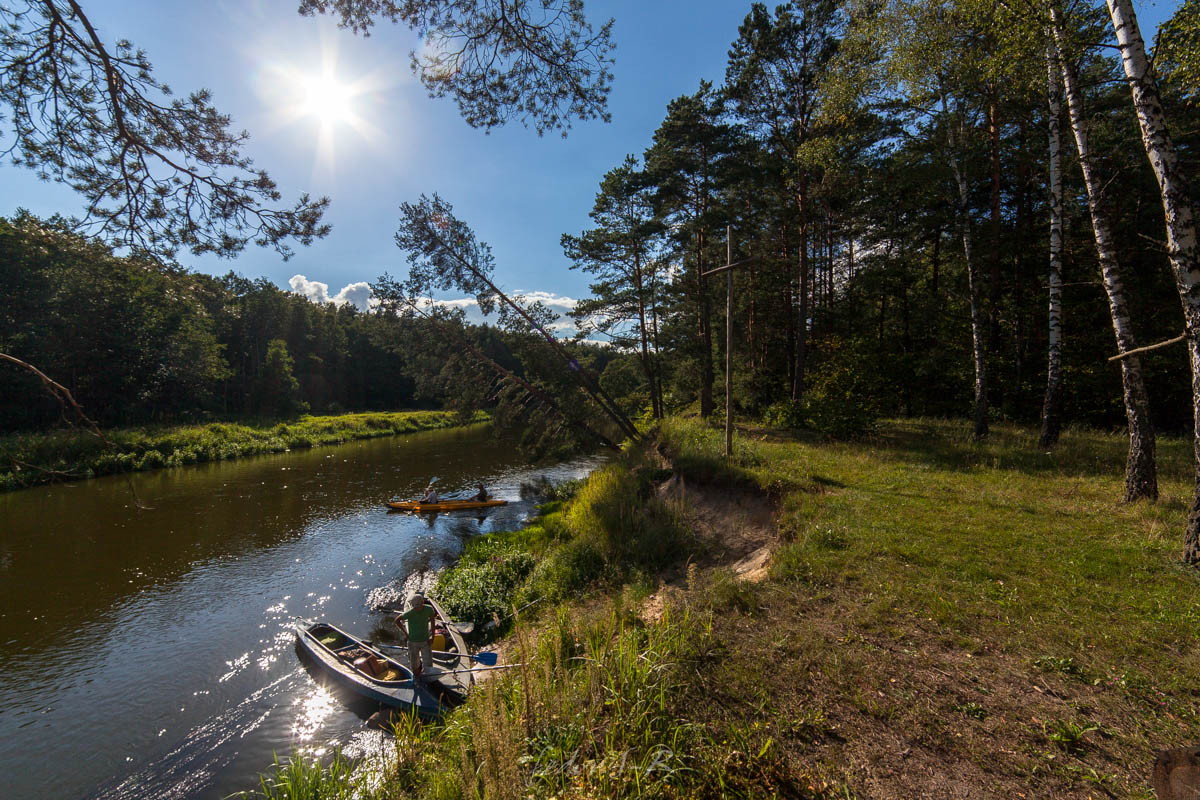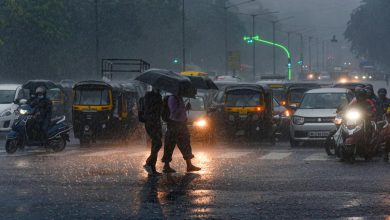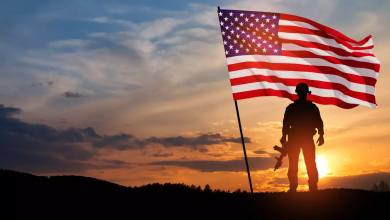Shchara River

The Shchara River is located in Belarus, and it is a left tributary of the Neman River. The Shchara River flows gracefully, weaving a tapestry of cultural significance that spans centuries. Beyond its natural beauty and ecological importance, the Shchara River holds a profound cultural significance for the people of Belarus, serving as a source of inspiration, identity, and collective memory. In this exploration, we delve into the rich cultural heritage of the Shchara, uncovering the traditions, customs, and artistic expressions that have flourished along its storied banks.
Historical Foundations:
The cultural importance of the Shchara River can be traced back to ancient times when indigenous peoples inhabited its fertile shores, forming the foundations of Belarusian culture and identity. Archaeological evidence suggests that prehistoric settlements existed along the riverbanks, leaving behind artifacts, burial sites, and sacred monuments that offer insights into ancient beliefs and practices.
As civilizations rose and fell, the Shchara River continued to serve as a vital lifeline for human settlement, trade, and cultural exchange. Medieval towns and villages sprung up along its banks, fostering a vibrant tapestry of religious diversity, artistic expression, and communal life that continues to shape the cultural landscape of the region.
Religious Heritage:
Religion has played a central role in shaping the cultural identity of the Shchara River Basin, with Orthodox Christianity, Catholicism, Judaism, and Islam coexisting harmoniously along its shores. Monasteries, churches, synagogues, and mosques dot the landscape, serving as symbols of faith, spiritual enlightenment, and communal solidarity for believers of all denominations.
Orthodox monasteries such as the Holy Spirit Monastery in Navahrudak and the St. Euphrosyne Monastery in Polotsk are revered as sacred sites of pilgrimage, attracting devotees seeking solace, healing, and divine guidance. Catholic churches such as the Church of the Assumption in Minsk and the Church of the Holy Trinity in Nesvizh stand as testaments to the enduring legacy of Catholicism in Belarusian culture.
Jewish synagogues and cemeteries bear witness to the rich heritage of Belarusian Jewry, while Islamic mosques such as the Minsk Mosque serve as centers of worship and cultural exchange for the Muslim community. The religious diversity of the Shchara River Basin reflects the pluralistic ethos of Belarusian society, where tolerance, coexistence, and mutual respect are cherished values.
Artistic Expression:
The Shchara River has long been a muse for artists, writers, musicians, and poets seeking inspiration in its tranquil waters, lush landscapes, and timeless beauty. Belarusian folklore is replete with tales of river spirits, water nymphs, and mythical creatures that inhabit the depths of the Shchara, inspiring countless works of art and literature.
Painters such as Ivan Khrutsky and Arkhip Kuindzhi captured the ethereal beauty of the Shchara River in their landscape paintings, while poets such as Yakub Kolas and Maxim Bogdanovich immortalized its spirit in their lyrical verses. Musicians and composers have drawn upon the melodic rhythms of the river to create symphonies, ballads, and folk songs that celebrate its cultural significance.
Cultural Festivals and Traditions:
Throughout the year, the Shchara River Basin comes alive with a vibrant tapestry of cultural festivals, traditions, and celebrations that showcase the rich heritage of the region. From religious holidays and folk festivals to harvest feasts and cultural fairs, there’s always something to see, do, and experience along the riverbanks.
Belarusian traditions such as Kupalle, a midsummer festival celebrating the summer solstice, and Kolyada, a winter festival marking the arrival of the new year, are observed with joyous revelry and communal gatherings along the Shchara. Folk dances, traditional music, and culinary delights add to the festive atmosphere, inviting locals and visitors alike to join in the merriment and camaraderie.
Preservation and Promotion:
As custodians of Belarusian culture and heritage, communities along the Shchara River are committed to preserving and promoting their cultural traditions for future generations. Initiatives such as cultural heritage museums, folklore ensembles, and educational programs ensure that the legacy of the Shchara River remains alive and vibrant in the hearts and minds of Belarusians.
Environmental conservation efforts also play a crucial role in safeguarding the cultural significance of the Shchara River, as clean water, healthy ecosystems, and sustainable development are essential for preserving the natural beauty and cultural heritage of the region. By embracing a holistic approach to cultural preservation and environmental stewardship, communities along the Shchara are ensuring that their cultural legacy endures for generations to come.
Conclusion:
The Shchara River is more than just a waterway – it’s a living testament to the enduring spirit of Belarusian culture, heritage, and identity. From ancient settlements to modern cities, from religious landmarks to artistic expressions, the river’s cultural significance is woven into the fabric of Belarusian society, enriching the lives of all who call its shores home.
As we celebrate the cultural importance of the Shchara River, let us also recognize the importance of preserving and promoting this cultural heritage for future generations. By embracing our shared history, traditions, and values, we can ensure that the Shchara remains a source of inspiration, identity, and pride for all Belarusians, now and for years to come.
Know More about the Shchara River.
What are The Religious Places of the Shchara River?
When Did The Shchara River Basin Become a Focus?
Where is The Shchara River Located?
Who Were The Key Historical Figures and Civilizations of The Shchara River?
How to Reach Shchara River?




